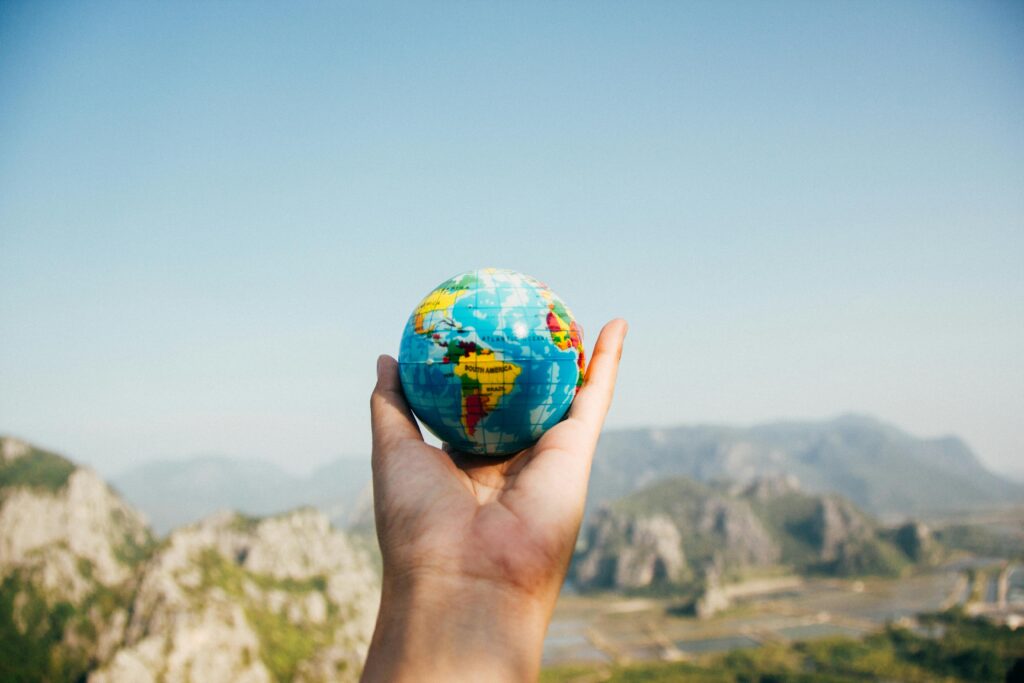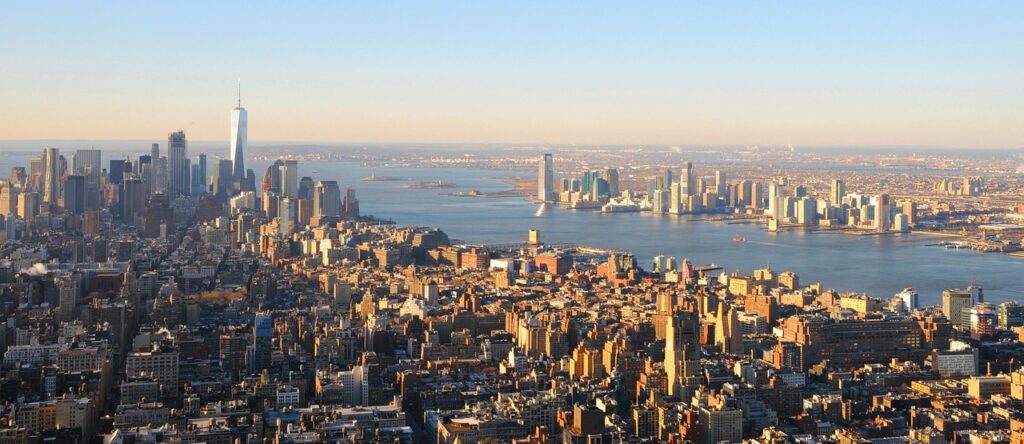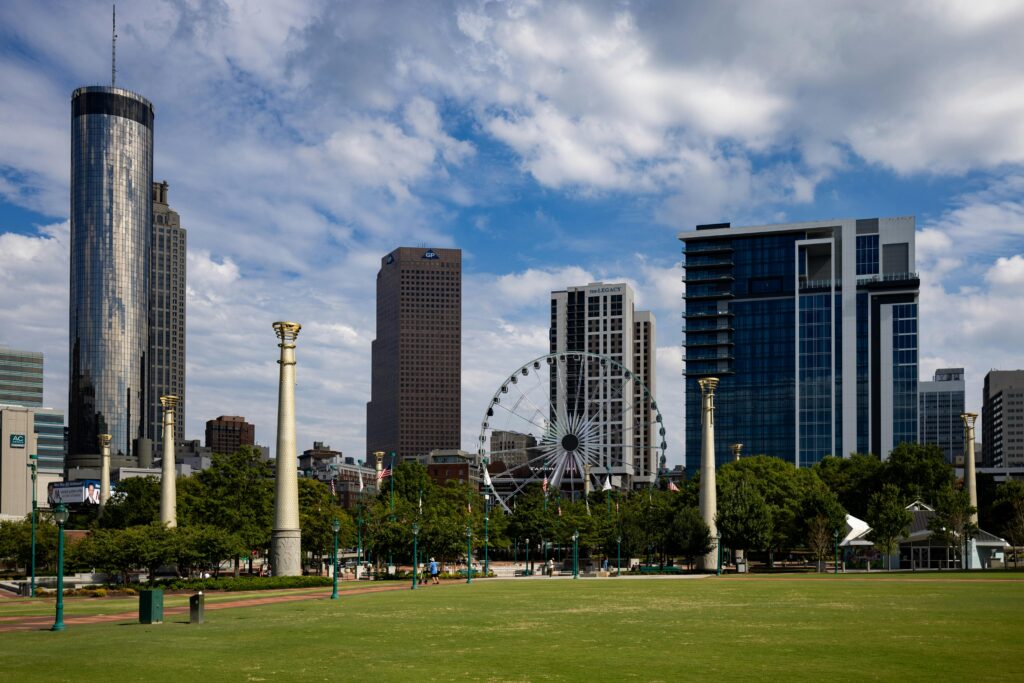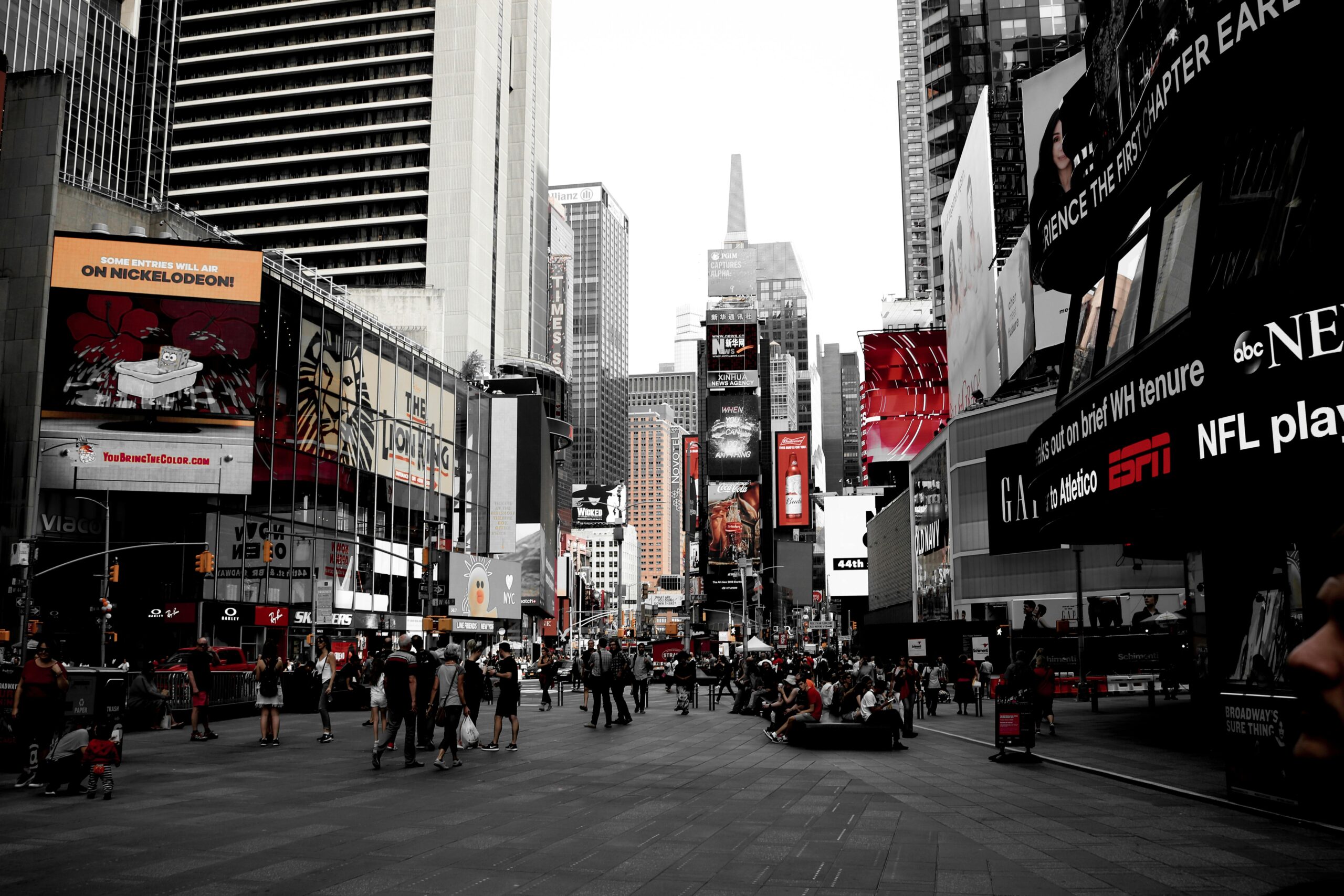Recent political developments have set off a debate over U.S. travel policies, with former President Donald Trump warning that an unchecked influx of international tourists could pose risks to national security and cultural identity. These concerns are now intersecting with economic realities, forcing policymakers and industry experts to search for a balanced path forward.

Trump’s Perspective on International Tourism
In recent interviews and public statements, Trump has expressed apprehension about the rapid growth of international tourism. He contends that without stricter controls, the U.S. may face unforeseen security challenges and cultural shifts that could undermine national interests. His rhetoric echoes longstanding views on border control and national identity but is now presented with a sense of renewed urgency amid evolving global dynamics.
Impact on the U.S. Travel Industry
Despite the political controversy, international tourism remains a critical pillar of the American economy. Billions of dollars in revenue and millions of jobs depend on a steady stream of visitors from Europe, Asia, Latin America, and beyond. While some industry insiders fear that heightened political rhetoric could dampen travel enthusiasm, many travel agencies, hotel chains, and local economies continue to thrive on the global influx. New market research even suggests that with the right mix of enhanced security and smart marketing, the U.S. can reassure tourists while preserving its economic gains.

Security and Policy Shifts
In response to rising security concerns, proposals are emerging that call for tighter visa screening, more rigorous background checks, and enhanced border security. However, experts warn that overly restrictive measures could backfire, reducing the appeal of the U.S. as a travel destination. Future policy directions appear to favor a targeted approach—improving travel safety and tracking without imposing blanket restrictions that could hinder economic growth.
Economic Implications and Industry Reactions
Economists are split on the potential fallout from these debates. Some analysts predict a short-term decline in tourist arrivals that could impact revenue, while others argue that smart, balanced policies might ultimately boost consumer confidence. Additionally, discussions are underway about tax incentives and infrastructure investments designed to counterbalance any negative effects and further invigorate the tourism sector. This dynamic interplay between security measures and economic incentives is at the heart of current policy debates.
Global Responses and Future Outlook
International reactions to the evolving U.S. travel policies have been mixed. While some foreign leaders express concern over the possibility of restrictive measures, many still view the United States as a premier destination. Global travel experts emphasize that maintaining the U.S.’s appeal will depend on transparent, collaborative policymaking that takes into account both security needs and the undeniable economic benefits of a robust tourism industry. The coming months could see a series of policy tweaks that aim to strike the perfect balance.

Frequently Asked Questions
Q1: What are Trump’s main concerns about international tourism?
A1: Trump has highlighted potential security risks and cultural impacts. He worries that without stricter measures, increased international tourism could challenge U.S. border control and affect national identity.
Q2: How might these concerns affect U.S. travel policies?
A2: They could lead to tighter visa screenings, enhanced security checks, and more focused border control measures. The aim is to safeguard national interests while still promoting a vibrant tourism industry.
Q3: What is the potential impact on the U.S. economy?
A3: International tourism significantly boosts the U.S. economy by generating billions in revenue and supporting millions of jobs. Any policy shifts will need to carefully weigh security against these economic benefits to avoid substantial negative impacts.
Q4: How are industry experts reacting to these developments?
A4: Opinions are divided. Some experts fear a short-term dip in tourism, while others believe that balanced security improvements could ultimately raise visitor confidence and sustain economic growth.
Q5: What should international tourists expect moving forward?
A5: Tourists might encounter stricter visa processes and increased security checks. However, U.S. travel authorities are expected to maintain the country’s status as a top global destination by balancing enhanced security with welcoming policies.
This evolving discussion underscores the tightrope walk between maintaining national security and preserving the economic and cultural benefits of international tourism. As policymakers refine their approach, both the travel industry and prospective visitors will be watching closely for changes that could reshape the landscape of U.S. travel in the near future.
Sources Boston Globe


